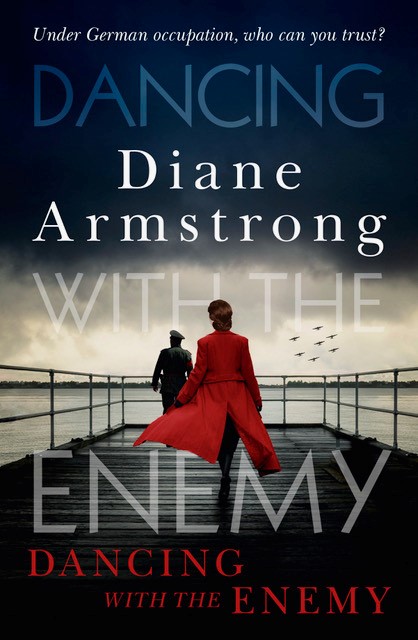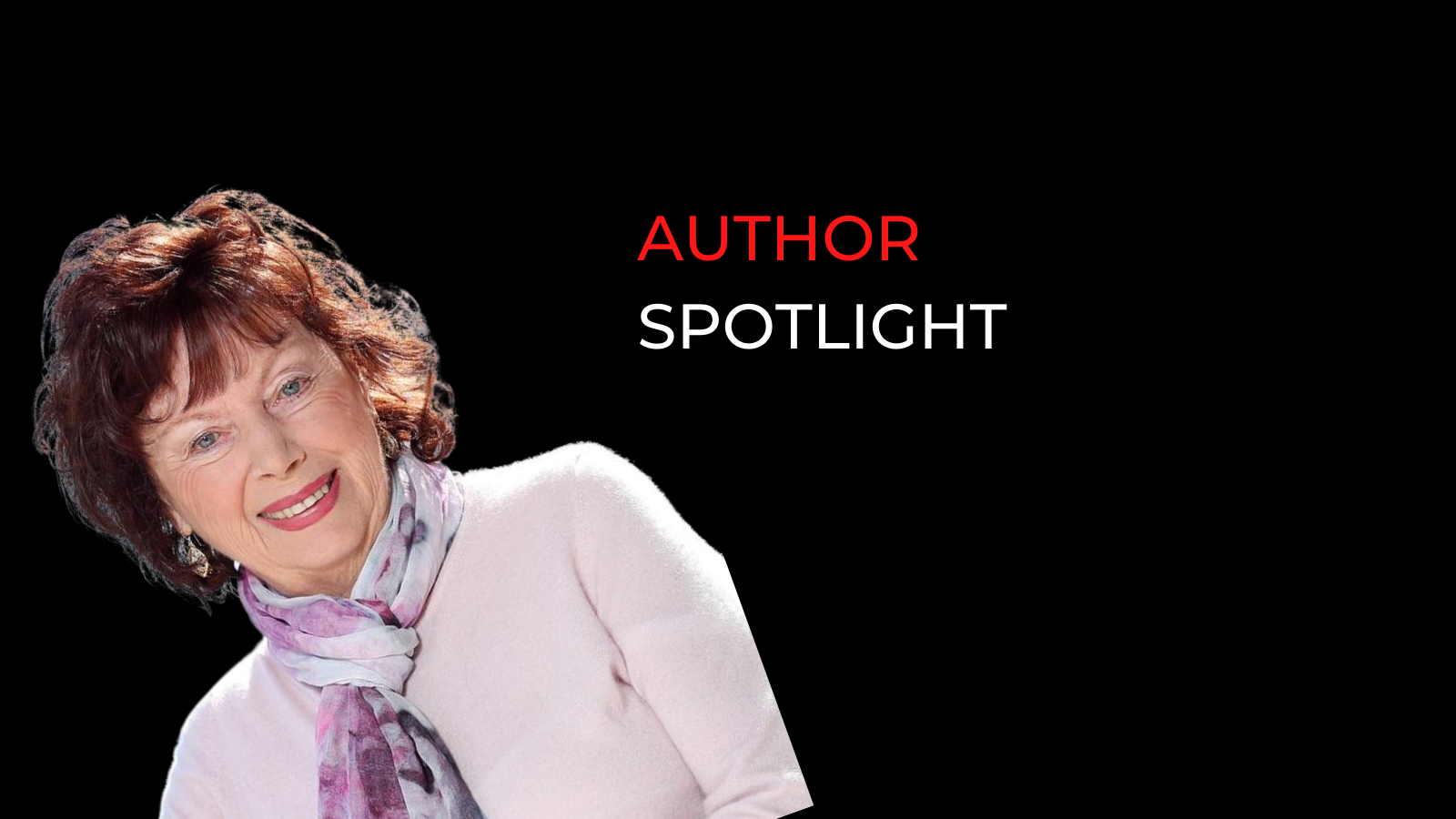For the May edition of A Stab in the Dark, multi-award-winning Sydney author Diane Armstrong talked to our new contributor, Natalie Conyer, about Dancing with the Enemy (HQ Fiction, 2022), a thrilling novel set during the Nazi occupation of the island of Jersey during World War II, and which explores the moral choices people make in extreme crisis.
You’ve written seven books now, two non-fiction and five fiction. All of them deal in some way with the Second World War, particularly with the Jewish experience. Why are you so interested in this period of history?
Being a child Holocaust survivor from Poland where 63 of my relatives were murdered, I am fascinated by the behaviour of ordinary people caught in extraordinary circumstances where their courage and resilience are tested to the limit. War brings out the worst but also the best in human nature and poses questions I often explore. One of these is the issue of survival. What qualities ensure that some people survive? Another is collusion. What would I have done in those circumstances? Would I have been courageous enough to resist? Are we entitled to judge and condemn the actions of people in hindsight? As a novelist, I am fascinated by the moral ambiguity that these situations elicit.
Where did the idea of the book come from, and what research did you have to do to bring it to life?
During my first visit to the Channel Island of Jersey, I was astonished to discover that it was the only part of the United Kingdom that had been occupied by the Germans during the Second World War. I was blown away by the exhibits in their Occupation Museum where I saw a notice posted by the Germans, inviting girls to a weekly dance. So there were girls who danced with the enemy – I had the title for my book long before I wrote it.
Apart from the intriguing history, I met fascinating people. By chance- if that’s what it was!- I met Philip de Carteret whose family was descended from William the Conqueror and whose antecedents had figured prominently in every revolt, battle, and rebellion since that time. In fact, as a reward for supporting King Charles! during the English Civil War, this de Carteret was given a tract of land in the New World – and that’s how the American state of New Jersey got its name!
During my second trip to Jersey, my guide was an extraordinary 92-year-old who had lived through the Occupation and had taken part in a resistance network to rescue the slave labourers the Germans had brought to the island.

As well as these visits, my research included reading history books, records of the Occupation, and the memoirs of residents who had lived through that traumatic period. One of them was a doctor who was trapped in Jersey for the duration of the war while his pregnant wife evacuated to England. I admired his compassion for his patients and his resourcefulness. Another memoir that gripped me was written by a man who as a teenager rebelled against the surrender of his island and the collusion of his parents, and planned to escape, with tragic consequences.
These two memoirs formed the basis of my two wartime characters of Dr Hugh Jackson and Tom Gaskell. There’s also a present-day character, Xanthe Maxwell, a young Australian doctor who visits Jersey in 2019 to get away from the toxic culture of the hospital where she works. She becomes the link between all the characters and between past and present. What she learns from her experiences in Jersey helps her to discover truths about her own life.
Characters and events in this book, and in others you’ve written, are based on real people and real events. What are the challenges of fictionalising actual historical experience?
The main challenge of writing historical novels is ensuring that the facts are accurate, and that requires a great deal of research. Even a small fact, if incorrectly stated, can affect the writer’s credibility. Also, knowing so much history, it would be easy to insert too much information, so it’s important to remember that I’m writing a novel based on history, not a history book. Another challenge is to create characters who will engage the readers and take them on a journey into the past which will bring those events to life.
And finally: are we soon to see a new book from you? If so, can you give us a sneak preview of it?
I have just finished writing my new novel. The Wild Date Palm is set in what was Ottoman Palestine during the First World War. It is based on incredible real events and tells the story of a young woman who formed a spy ring to spy on the Turks to help the British win the war. The location is exotic, the characters larger than life, and one of them is Lawrence of Arabia. It will be published next year.
More on Diane Armstrong and her books here.
